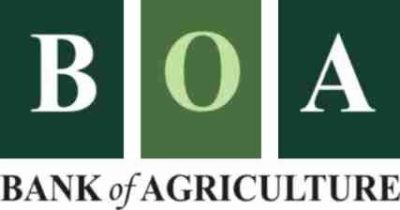Bank of Agriculture warns against taking loans to marry second wife; says 150 customers owe N243 million
The Bank of Agriculture (BOA) says it is working to recover the N243 million loan disbursed to 150 debtors between 2011 and 2024 in Kwara.
The BOA Ilorin branch manager, Dele Aderibigbe, disclosed this in an interview with journalists on Monday in Ilorin.
According to Mr Aderibigbe, the loan, termed warehouse loan, is classified as bad debt but is still under monitoring for recovery.
The BOA manager said the bank was already in talks with the telecommunication companies and other stakeholders that could make tracing the debtors easy.
“The loan is meant to be a revolving loan to be paid back to give other people opportunity, but it is unfortunate that some people see it as a national cake that should be eaten from,” Mr Aderibigbe explained. “The problem we have with most of them is that they use the loan for something different from what they obtained it for.”
The BOA branch manager added, “Why get a loan to marry second wife or to throw parties? We are advising them to pay up because they cannot go scot-free; through their guarantors and some other measures we are taking already, we will nab them.”
Mr Aderibigbe said although the bank was poised to improve the lives of Nigerians, some people are bent on frustrating government efforts.
“We don’t just approve loans and disburse without carrying out investigations on the project. We do our due diligence from project identification visits, pre-disbursement visits, and pre-take-off visits before the final disbursement,” the BOA official explained. “And in a year, the loan we give out is between N250,000 and N1.5 million at 14 per cent reducing balance interest.”
He explained that the “process or payment method was cumbersome; they just chose not to pay it back.”
BOA was established to carry out the functions of a development finance institution for the agriculture and rural development sector. It provides agricultural credit finance to support all activities along the agricultural value chain, rural savings and micro, small and medium enterprises (MSMEs).
(NAN)


